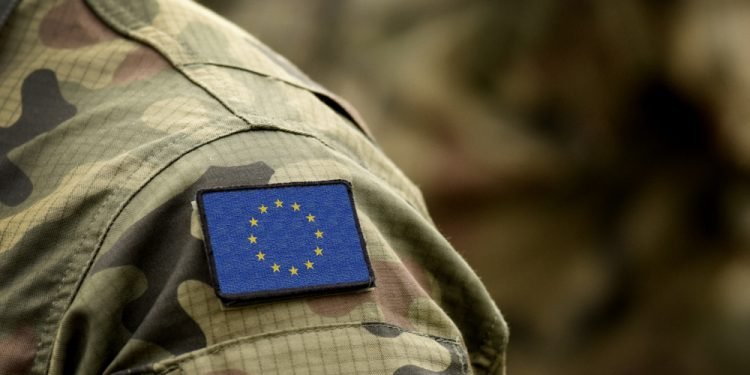Brussels (Brussels Morning) The US’s role as Europe’s security provider is being called into question by France, but not Germany, as the recent European Defence Agency annual conference made clear. Traditionally, Germany has seen the US as essential to peace in Europe while France advocates for a more independent European Defence and Security policy.
Franco-German divide
European Collective Security for 70 years has been founded on the Euro-Atlantic Alliance, with the US acting as the leading security provider.
The Trump Administration recently questioned this status quo, setting the prerequisite target for European countries’ spending on defence budget at 2% of GDP, before agreeing to engage in Europe. Paradoxically, Germany is nowhere near meeting the benchmark set by NATO Allies.
Even with a 10% hike to $49.3 billion, German defence spending was projected to be 1.3% of GDP but could end up being 1.6% due to the COVID-induced recession.
In 2020, France spent $63 billion (2.3% of GDP), even though it is a smaller economy. For over half a century, France has outspent Germany but was always sceptical of NATO’s Euro-Atlantic framing.
In 1959, France withdrew its Mediterranean Fleet from NATO command and banned the stationing of foreign nuclear weapons on French soil, forcing the withdrawal of all US forces by 1967. In 1966, all French armed forces were removed from NATO’s integrated military command, although France remained committed to NATO’s Article V.
France only returned to full NATO membership in 2009. When President Emmanuel Macron advocates for European “strategic autonomy” he echoes a long-held French tradition. However, hours after the victory of President-elect Biden in November, Germany affirmed its traditionally Euro-Atlantic trajectory.
Germany rejects the notion of “Autonomy”
In the last meeting between EU Defence Ministers on 4 November – during the presentation of the first ever EU threats assessment – the German Federal Minister of Defence Annegret Kramp-Karrenbauer rejected President Macron’s notion of strategic autonomy, underscoring the need for a Euro-Atlantic framing of European Collective Security.
“The idea of a strategic autonomy of Europe goes too far if it nurtures the illusion that we could ensure Europe’s security, stability and prosperity without NATO and the US”, Annegret Kramp-Karrenbauer said.
Between Berlin and Paris
The EU position seems to balance between the French and German positions, prioritising the integration of defence as an industry.
The EU’s High Representative for Foreign Affairs and Security Josep Borrell is the head of the EDA, noting at the opening of the EDA Conference on 4 December the need for greater convergence in investment, planning and cooperation between EU member states.
“We need more capable, deployable, interoperable, and sustainable military capabilities and forces”, Borell said, pointing towards common if not entirely autonomous capability.
Furthermore, in line with Europe’s culture of building political cooperation as a by-product of economic cooperation, the Commissioner for Internal Market, Thierry Breton, noting that “to defend its vision and interest”, Europe needs to go beyond “soft power” to acquire hard military capability.




